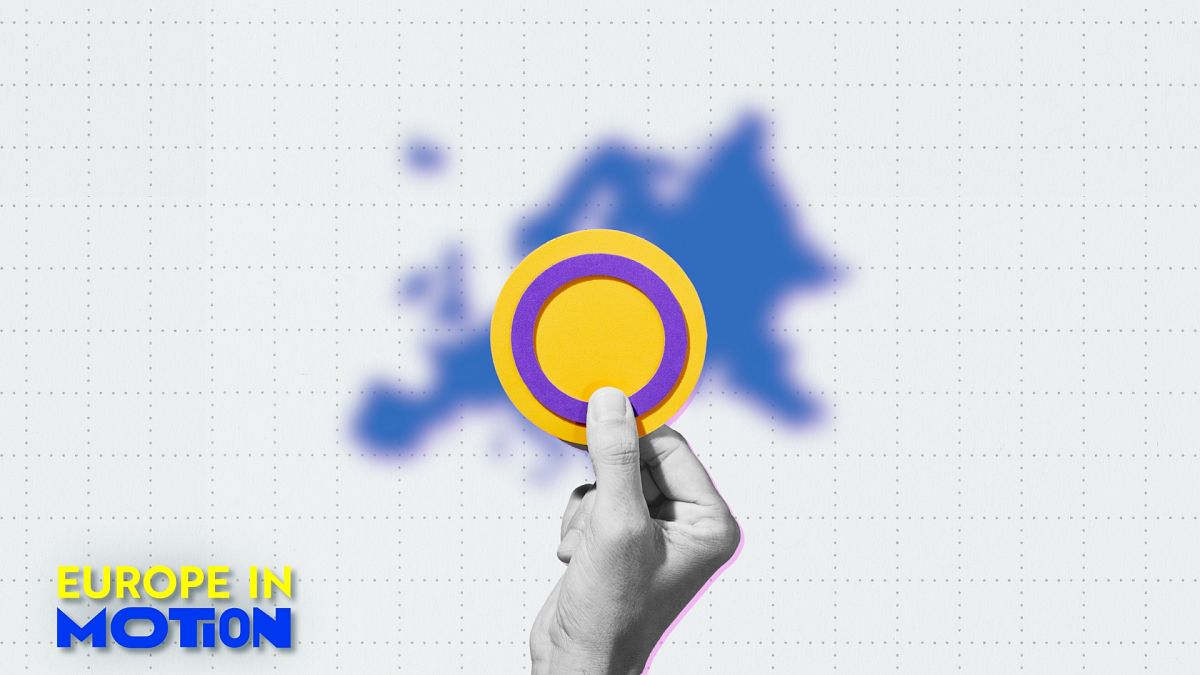Intersex people — with biological characteristics that do not fit typical male or female patterns, or with traits of both — face increasing levels of violence and harassment in Europe, says the latest report from the European Union Agency for Fundamental Rights.
Around one-third of intersex people in Europe (34%) reported having been physically or sexually assaulted in the five years before the survey was conducted, which is a sharp increase from 2019 (22%). This rate is three times higher than the figure for LGBTIQ people overall.
The highest levels of violent experiences were reported by respondents in Austria (45%), Spain (42%), and Ireland (41%). On the opposite side of the spectrum sit Finland (28%) and Czechia (25%), which report the lowest.
Almost half of intersex respondents say that in the last year, they have seen, often or always, online calls for violence against LGBTIQ people more frequently than other survey groups (for example, threats of death, rape, beating, and slapping).
The report states that “disinformation” and “online hate speech anti-LGBTIQ campaigns” fuel the ignorance of the general population about intersex and trans people, spreading hatred and calls to violence against intersex people.
Conversion practices
The survey also found that almost 40% of intersex people in Europe were forced to undergo ‘conversion’ practices, compared with 25% among those in other LGBTIQ communities.
This is any treatment or intervention aimed at changing a person’s sexual orientation or gender identity.
Intersex people were most common in ‘conversion’ practices in Sweden (59%), while the prevalence was lowest in Belgium and Romania (29%).
Verbal humiliation tops the list of abuse (26%), followed by family pressure (16%), physical violence (8%), and sexual violence (4%). These rates are also higher in comparison with other LGBTIQ groups.
Intersex genital mutilation
Also referred to as ‘sex-normalising’ surgeries, intersex genital mutilation is a medical intervention that is frequently carried out in infancy or childhood “to try to fit the child within the binary (male or female) gender marker categories of official documents and birth registries,” notes the EU human rights agency.
According to the report, they “are often unnecessary and are not performed to avert an imminent threat to life or imminent serious damage to physical health”.
More than half (57%) of intersex respondents say that neither they nor their parents gave informed consent before surgery or hormonal treatment to modify their sex characteristics.
Such procedures were most reported in the Netherlands (37%), France (32%), and Germany (32%). The lowest rates were reported in Romania (14%), Czechia (14%), and Italy (14%).
Intersex people who identify as trans women or trans men, non-binary and gender diverse, and those who live with a disability or belong to an ethnic minority, face even higher rates of violence, harassment, and discrimination.
The report was based on responses from 1,920 intersex people in 30 countries across Europe.

